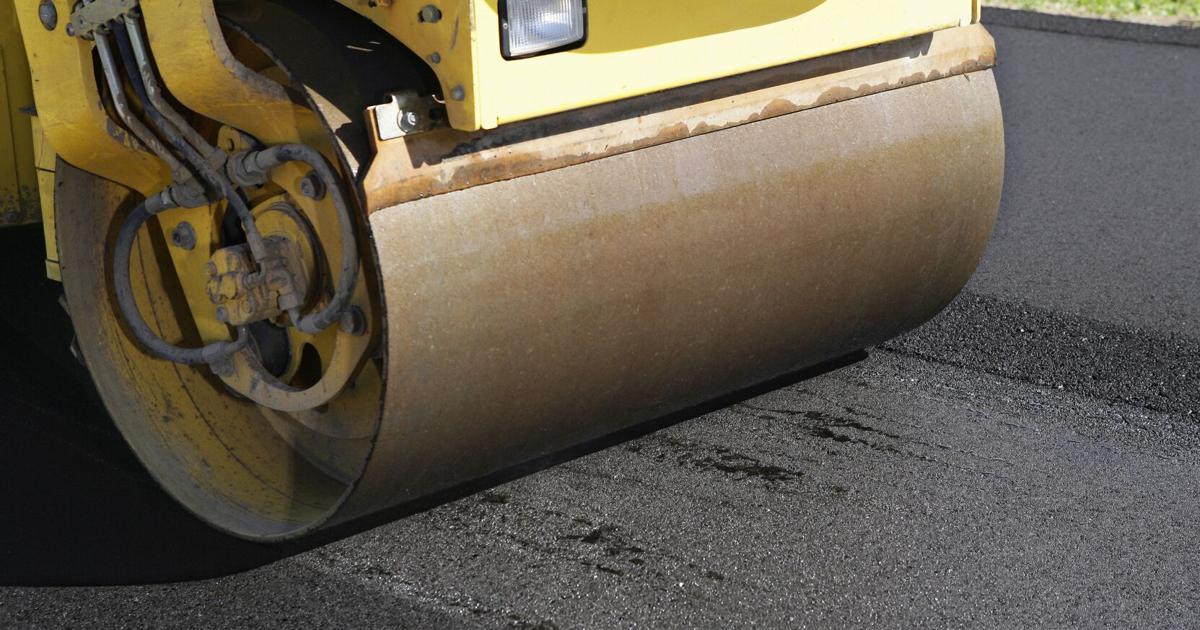It happens every year: scammers travel from state to state claiming to offer paving services to unsuspecting homeowners. These scams happen all over the country.
The Oregon Construction Contractors Board is encouraging residents in Columbia County and across the state not to fall for spring and summer paving scams.
A simple search for the term “paving scams” in your web browser will turn up articles from East Coast to West Coast citing occurrences that all sound eerily similar, according to the Oregon Construction Contractors Board’s (CCB) latest newsletter.
Scam artists go door-to-door, often claiming they have leftover supplies from work performed elsewhere in the neighborhood. After making a lowball offer to pave the driveway, they start work immediately, giving homeowners no time to reconsider.
They take money up front and perform shoddy work with low-grade materials.
They’re smooth-talking, forceful and often work in teams. Usually they return to demand more money through intimidation. Once the job begins, homeowners feel afraid to say “No, I won’t pay more than the agreed upon price.”
When the work is finished, they cash the check at the nearest bank, within minutes of pulling away from the property. Their work crumbles quickly, or washes away with the first rain.
You can protect yourself. With information about how these scams work, you can make informed decisions that can help you avoid scams.
Paving scammers have a formula that works, and they often don’t deviate far from that formula. While their tactics are effective for unsuspecting victims, you can spot the signs of a scam if you know what to look for.
A deal you can’t refuse. It’s hard to walk away from an amazing opportunity, but you know what they say: If it sounds too good to be true, it probably is.
“Limited time only.” This is a pressure tactic that sometimes leads homeowners to make on-the-spot decisions without doing their homework. Do not be pressured by people soliciting door-to-door, especially for paving services.
Not a lot of equipment. Legitimate driveway paving requires equipment that pavers may leave in a conspicuous place or at the worksite. Meanwhile, paving scammers use surprisingly little equipment and have far less material than you would expect for the size of the job.
Out-of-state plates, no CCB# on signage. Often, these scam artists use magnetic signs to mark their trucks, which they then remove or replace between states. By contrast, contractors licensed with the state of Oregon should include their CCB number on any vehicle signage.
Want to use “leftover materials.” Paving scammers often claim they have leftover materials from a job done just down the street. You may even have noticed their crew at a neighbor’s house, which seems to lend credibility to their story.
Reduce the risk of becoming a victim
All homeowners have some level of risk of being scammed, the CCB said. Remember, if it wasn’t an effective tactic, scammers wouldn’t be doing it. Still, you can decrease your risk by adopting the habits below.
Don’t be pressured to act immediately. Wait a few days. Give yourself time to make an informed decision. If the contractor insists you must make a decision now, this is a red flag. Say no.
Paving contractors must be licensed by the CCB. Get their CCB number and check the number to be sure it’s active. Make sure the name of the business matches the contractor’s business name.
If you need driveway paving services, interview multiple contractors before choosing a professional you trust. Get references. Compare bids. Remember, driveway paving can be costly. Be cautious of bids that are dramatically lower than the others, and make sure it’s an apples-to-apples comparison.
- Get a family member’s opinion
Don’t make big decisions alone. Talk to a family member who may offer a different perspective.
Report unlicensed contractor activity
CCB provides publications to homeowners who would like to know more about performing home improvement projects and how to hire a licensed contractor. Email the CCB at ccbeducation@ccb.state.or.us

